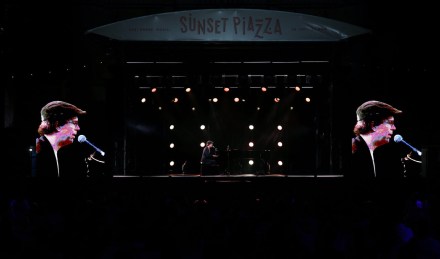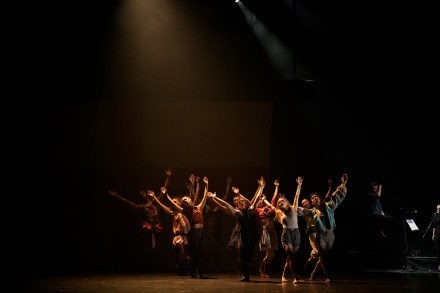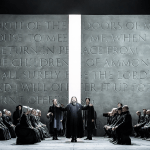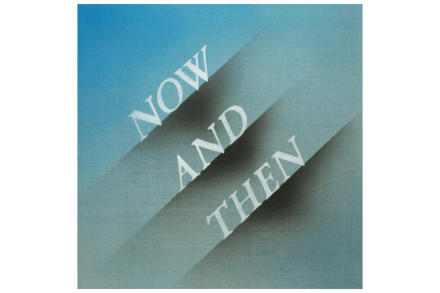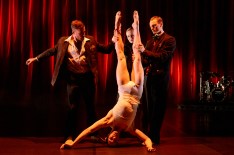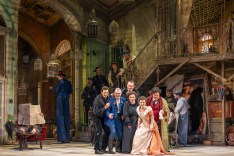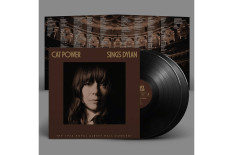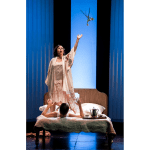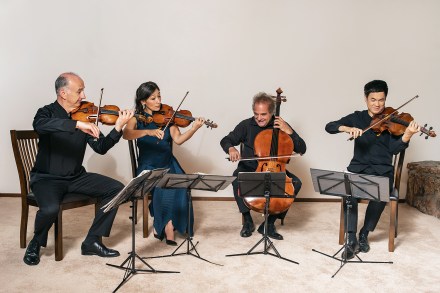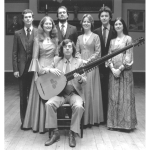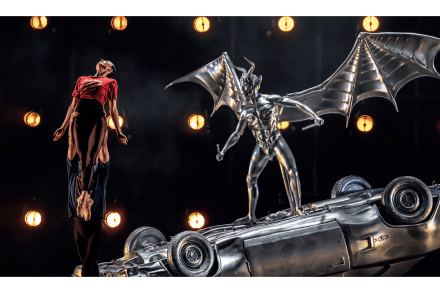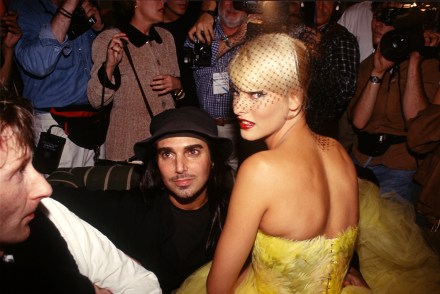Melodic elegance and literate sass: Ben Folds, at Usher Hall, reviewed
Choose your weapon. Artists are closely defined in the public imagination by their instrument of choice. Though the most untamed and transgressive progenitors of rock’n’roll – Jerry Lee Lewis and Little Richard – were piano pounders, and despite the later efforts of Elton John, over time the instrument has come to be associated with restraint and politesse; the straight second cousin to rock’s clichéd wild child, the electric guitar. He strolled on stage like a stranger and left 100 minutes later as an old friend I hadn’t realised I’d missed American singer-songwriter Ben Folds has been playing with these expectations for the best part of 30 years, first in Ben
